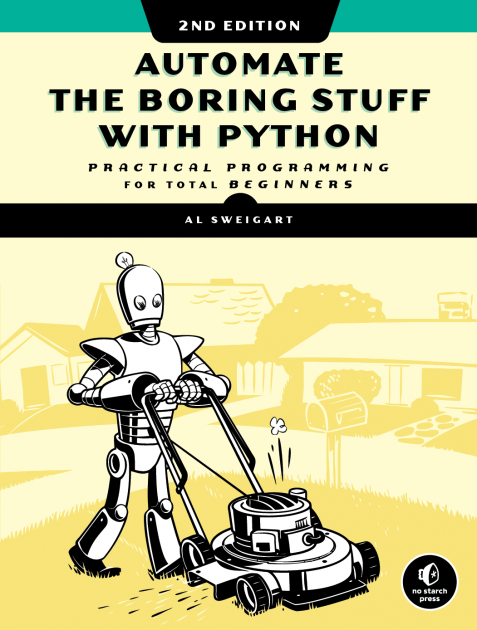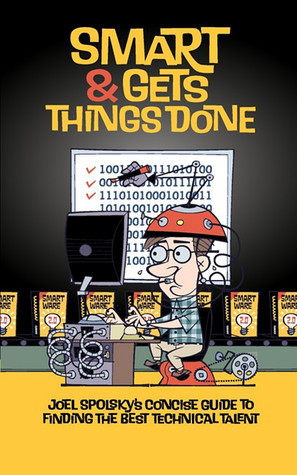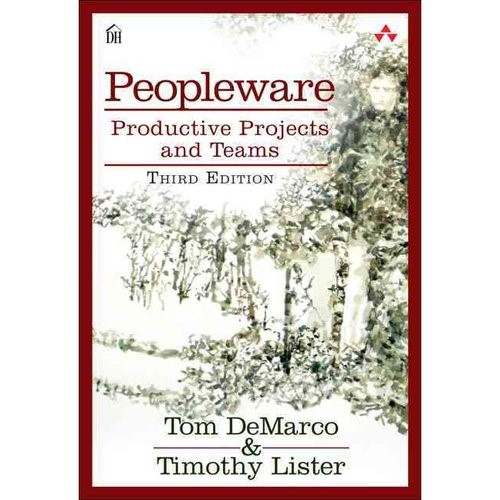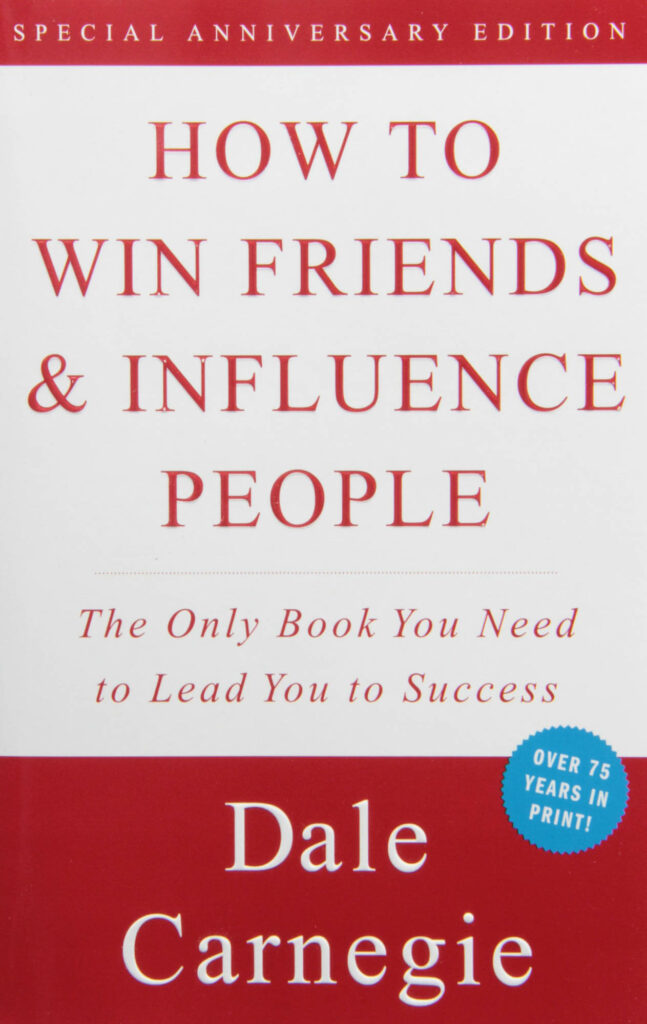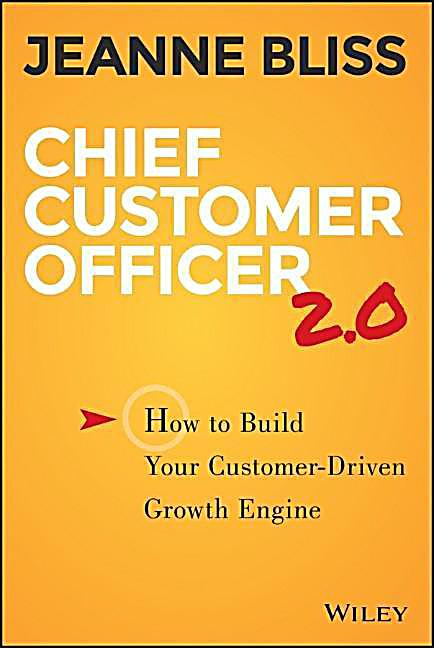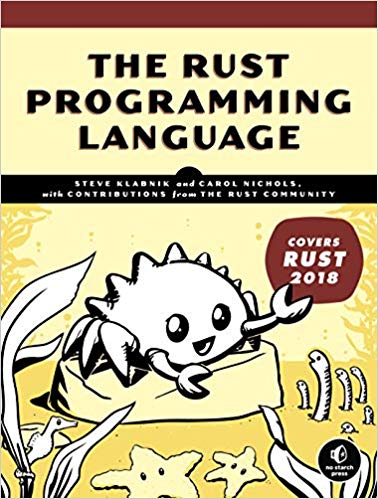Preface:
I’ve been flipping through (and sometimes even reading) a few books recently. Here’s what I’ve taken look at:
Automate the Boring Stuff with Python 2nd edition:
I’ve worked a bit with Python in my college computer science classes for AI and simple scripting. I’ve found that Python’s simple syntax and powerful libraries have made it great for math-y computational stuff or puzzle-like problems such as in a college-level intro to AI course.
Python is good at all of this, but it’s really good for tackling small, disparate tasks too.
Python’s creator and former benevolent dictator for life (BD4L) Guido Van Rossum created the language (among other things) with the intention that more novice computer users should be able to program computers to do simple, everyday tasks in plain English. He laid out many related goals in a funding proposal to DARPA titled “Computer Programming for Everybody“.
Who’s it for:
Automate the Boring Stuff with Python (and the new 2nd edition) actualize many of these goals by providing tools and examples for automating everyday tasks in Python that are useful to total programming novices and veterans alike. It’s definitely the kind of book that every company should have at least one of and a “Python gal/guy” around who knows how to use it for streamlining processes with automation and reducing toil.
Smart and Gets things done
Joel Spolsky writes a lot of things worth reading about the software industry on his website: joelonsoftware.com.
If you prefer reading something tangible, short and about the size of a little red book, and made from dead trees you can hold with your hands, then Joel Spolsky’s “Smart and Gets things done” is a great book to get on how to find and keep good technical talent.
A coder and economist at heart, Spolsky brings up some interesting ideas, such as that great programmers are never on the market. He elaborates further that obtaining skilled and diverse technical talent is important for software companies for being able to “hit the high notes” with solving difficult technical challenges.
He gives examples in his own experience as a recruiter and business owner with techniques for finding the best technical talent in the places they tend to congregate, the importance of internship programs for discovering and developing prospects ahead of competing employers, and how to “treat good talent like royalty” and make sure they want to work for you.
In addition, something Joel talks about is the importance of businesses to build talent “pipelines” and communities to seek and develop talent.
Who’s it for:
This book is great for business owners, managers, and recruiters intent on finding good technical talent. If you are a student or prospective employee yourself, this book may still be worth a read for you to have a better idea for what goes on from the business side of tech companies.
PeopleWare: Productive Projects and Teams
Good software comes from two things: good work environments and great programmers. The book “PeopleWare” comes out of rigourous study of what does and doesn’t enable good relations and productive output amongst people in a work environment.
Amongst the ideas presented in PeopleWare are those such as quiet and private environments greatly increase the happiness, creativity, and productiveness of workers, and that individuality and varying types of contributions from different employees can be recognized and encouraged by good management and organizational practices for greater overall output.
Who’s it for:
Managers and business owners can get a lot out of this book in the multitude of topics it covers. Prospective employes could also use this book to gain insight on differences in work environments.
Dale Carnegie: How to Win Friends and Influence People
Before there were memes on the internet, Monty Python’s flying circus delighted British television viewers with all manners of animated and live-action nonsense.
Before there was Buzzfeed to release such great articles as “18 photos of food that aren’t alive but have a whole lot of personality“, Dale Carnegie made name for himself (and in another way, quite literal way ‘made his name’ to match that of the steel manganate) by publishing the inaugural self help and applied psychology book: How to Win Friends and Influence People.
While his name-changing shenanigans and folksy writing style may seem bit quaint to current readers, Dale Carnegie was a student of his era and his fellow man and he practiced the principles he preached.
Dale Carnegie writes that the materials of his book were born out of a curriculum he generated as he taught a community class at the YMCA on “people skills”. He claims roughly that at the time, his income was tied to the number of people in his class and that if he didn’t produce results, he wouldn’t be able to eat.
While his principles can be laid out barely in a number of line-item bullet points on Wikipedia, the book itself is a living work detailing his own experience, history, and research working with everyone from engineers to 1920’s housewives on their experiences with others.
While it may have become cliche in the business world, there’s no case to think that this isn’t for reason.
Investor Warren Buffett famously doesn’t display his degree from the University of Nebraska in his office, but does display his certificate for graduation of the “Dale Carnegie Course in Effective Speaking, Leadership Training, and the Art of Winning Friends and Influencing people” +
Who’s it for:
Yes.
Chief Customer Officer 2.0
Ol’ baldy has revealed the key to his company’s success:
“(T)he No. 1 thing that has made us successful by far is obsessive compulsive focus on the customer as opposed to obsession over the competitor”
mycustomer.com/community/blogs/colin-shaw/bezos-obsess-over-customers-not-competitors
So, you would think with the secret to world domination being revealed, companies would have learned to develop a deep customer intuition and integrate that tightly with their company, right?
Well, I guess they do? Sometimes? Maybe?
It seems my confusion is not unique. Some people have been at this game a bit longer though, and some companies have even though to have a position on the board of the “Chief Customer Officer”:
Because the CCO role is still so new, there is as yet no executive MBA program or even a Harvard Business Review treatise about becoming a CCO. Jeanne Bliss, who was the Chief Customer Officer for Lands’ End, Microsoft, Mazda, Coldwell Banker and Allstate Corporations has written a book called Chief Customer Officer that she wrote as a field guide, based on her twenty five years’ experience in the role.
via Wikipedia, the Chief Customer Officer
Who’s it for:
Those interested in becoming a Chief Customer Officer, or integrating customer relations more tightly into their business.
(I’ll be honest, I haven’t yet given this book as close of a look as the others, but it’s a cool new trend in software and business I think so: monkey see monkey do)
The Rust Programming Language
In a post Moore’s law world, Rust has emerged as a front runner for fast and safe systems programming.
While lower level systems programming in C and C++ have previously only been accessible to the most headstrong, stubborn, and educated programmers around, Rust’s “friendly helpful compiler” and inherent “fail-safe” design are built around making it possible for more developers to write fast, safe, and readable low-level code.
Co-author Carol Nichols is heavily involved in the open source development and community around Rust and has delivered talks such as “Rust: A language for the next 40 years” that detail the problem ecosystem in which Rust exists and the strength of Rust’s positive and progressive open source community.
Who’s it for
Persons in industry interested in converting or moving portions of development on legacy code in C/C++ to Rust, or those interested in learning an emerging and powerful language.
Shoshana Zuboff’s The Age of Surveillance Capitalism
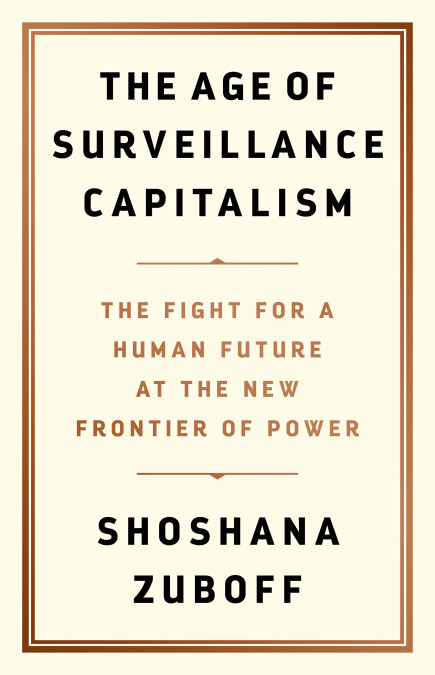
History has plainly shown that capital has a tendency to beget more capital. Zuboff’s’s “The age of surveillance capitalism”, however, details a new order for the 21st century where mass data collection and information systems allow for leading tech companies to have a supreme order of business, marketing, and personal-level targeted data intelligence that ensnares users and trounces the competition.
Whether it’s targeted advertising in search results or wining Trump the presidency, understanding the development of this form of hidden, soft power this century is important for a wider audience to understand. The book certainly has a somewhat negative spin around some aspects that I consider to be more morally ambiguous (instead of malicious) and has a somewhat professorial tone, but it could be one of those texts that 50 years from now will still be looked back on as a key to understating developments in technology, business, and society in the 21st century.
Who’s it for:
Those interested in the state of “big tech” in a social and historical context.
![]()


